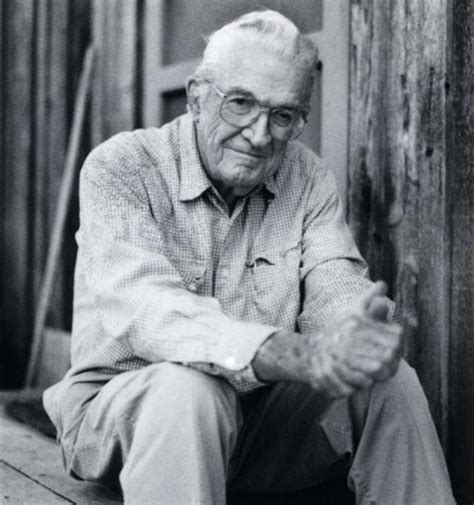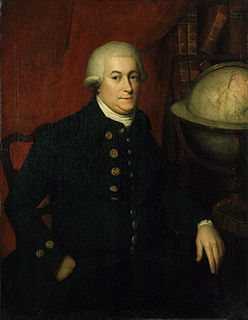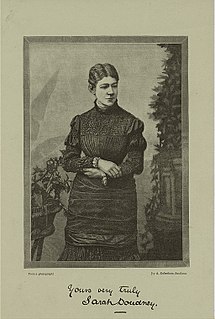A Quote by Jonathan Raban
The only real river I knew was hardly more than a brook. It spilled through a tumbledown mill at the bottom of our road, opened into a little trouty pool, then ran on through water meadows over graveled shallows into Fakenham [England], where it slowed and deepened, gathering strength for the long drifts across muddy flatlands to Norwich and the North Sea.
Related Quotes
Most autumns, the water is low from the long dry summer, and you have to get out from time to time and wade, leading or dragging your boat through trickling shallows from one pool to the long channel-twisted pool below, hanging up occasionally on shuddering bars of quicksand, making six or eight miles in a day's lazy work, but if you go to the river at all, you tend not to mind. You are not in a hurry there; you learned long since not to be.
WE DASH THE BLACK RIVER, ITS flats smooth as stone. Not a ship, not a dinghy, not one cry of white. The water lies broken, cracked from the wind. This great estuary is wide, endless. The river is brackish, blue with the cold. It passes beneath us blurring. The sea birds hang above it, they wheel, disappear. We flash the wide river, a dream of the past. The deeps fall behind, the bottom is paling the surface, we rush by the shallows, boats beached for winter, desolate piers. And on wings like the gulls, soar up, turn, look back.
Listen to the Water-Mill: Through the live-long day How the clicking of its wheel Wears the hours away! Languidly the Autumn wind Stirs the forest leaves, From the field the reapers sing Binding up their sheaves: And a proverb haunts my mind As a spell is cast, "The mill cannot grind With the water that is past.
The Musketaquid, or Grass-ground River, though probably as old as the Nile or Euphrates, did not begin to have a place in civilized history until the fame of its grassy meadows and fish attracted settlers out of England in 1635, when it received the other but kindred name of CONCORD from the first plantation on its banks, which appears to have commenced in a spirit of peace and harmony. It will be Grass-ground River as long as grass grows and water runs here; it will be Concord River only while men lead peacable lives on its banks.





































